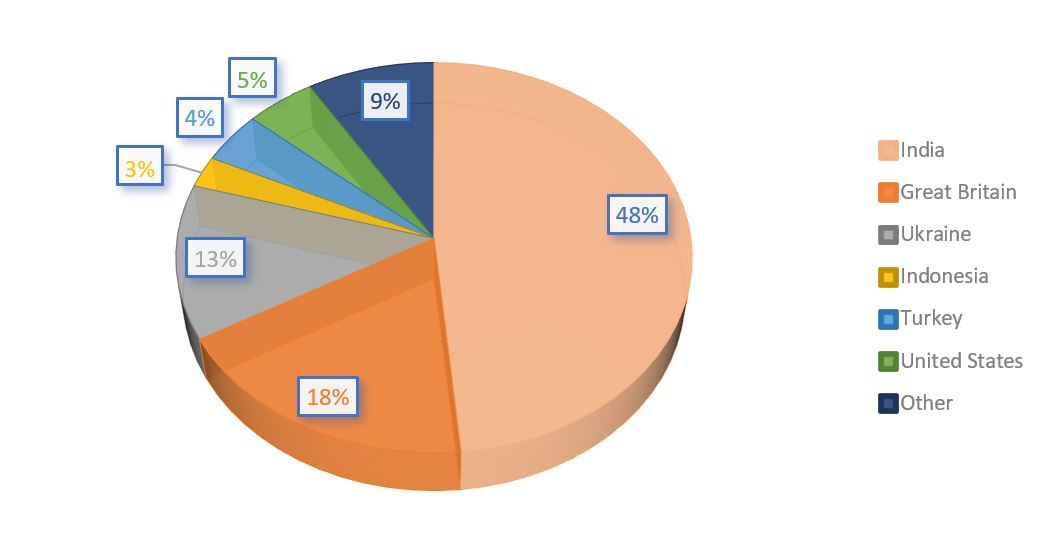Predatory journals EN
-
in Uncategorised

Policy for counteracting Predatory journals practices
“Predatory Journals” or “Predatory Publishers” is an exploitative business model. Its chracteristic feature is charging publication fees without providing the editorial and publishing services. Editorial offices of the journals use sometimes open access policy in order to improve charging publication fees to authors. They have a very aggressive promotion of their periodicals – they send a lot of messages to scientists with an offer of article publication in “international” journal in a very short time. After the requested fee has been paid, the article sent to Editorial office is very quickly published with no adequate review process.
From 2017 Index Copernicus implemented a policy for counteracting "Predatory journals” practices to the indexation procedure in ICI Journals Master List database. Identification of periodicals that apply above mentioned practices is currently one of the biggest challenges for the world of science.
The ruling principle against “Predatory journals” practices, adopted by Index Copernicus Team, is the rule of transparency in Editorial office activities that consists in providing in the ICI World of Journals database full information on content of particular issues, which implies undergoing the assessment of scientific environment.
In addition, Experts on scientific journals evaluation verify periodicals in terms of positive pass of defined checkpoints. Those are for example:
• Presence in indexation databases (ISI Web od Science, Scopus and others),
• Publication of indices confusingly similar to those applied by international indexation databases, in order to misinform scientific environment,
• Verification of information stated in evaluation questionnaire,
• Assessment of journal website.
Elements that controvert periodicals reliability are, i.a.:
• When a journal published on its website metrics that are confusingly similar to those used by international indexation databases (Impact Factor by Clarivate Analitics, Journal Rank by Scopus and others), that may misinform scientists on bibliometric indices possessed by a periodical.
• Information on indexation in scientific databases are given on a journal website, yet it is impossible to confirm the indexation.
• In articles submitted for evaluation, wrong DOI numbers are stated. In the CrossRef database, it is impossible to identify articles published by a journal under stated DOI numbers or DOI numbers indicated other articles.
• The analysis of published articles questions their scientific character. In particular, the attention was drawn to the lack of attachement bibliography or presence of bibliography that does not indicate scientific publications.
Providing nonsolid or false information leads to refusal of journal indexation in the ICI Journals Master List database.
As of today, based on evaluation questionnaires collected in the ICI Journals Master List database for 2017, nearly 1300 journals were applying “Predatory journals” practices. In the future, those journals’ Passports will be marked with appropriate warning, in order to alert scientists for publication in identified periodicals.
The undermentioned figure presents the number of journals identified as applying „Predatory Journals” practices per country. Countries listed as “Other” are: Iran (32), Romania (23), Pakistan (16), United Arab Emirates (11), Russia (7), Bulgaria (5), Bangladesh (4), Brazil (3), Iraq (3), Bosnia and Herzegovina (2), Egypt (2), Montenegro (1), Ghana (1), Jordan (1), Kenya (1), Lithuania (1), Hungary (1).




